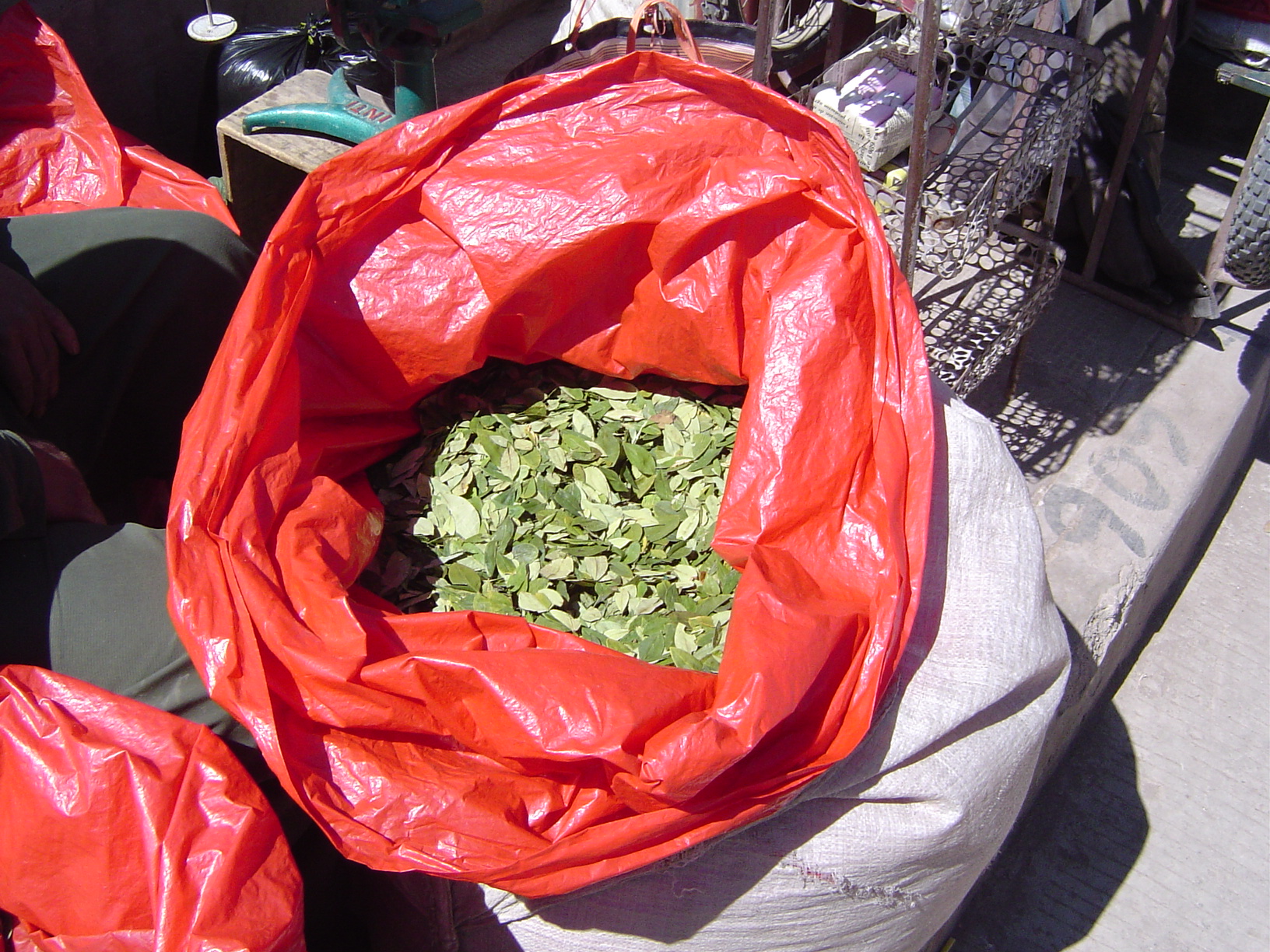
Bolivia’s democratic socialist President, Evo Morales, is the first leader of that country to come from the indigenous population.
Seven years ago, the Bolivian government forced the American Drug Enforcement Agency (DEA) out of the country, and demonstrated the power of people-centred solutions over top-down foreign intervention in the so-called “War on Drugs”. Faced with growing coca cultivation and its associated problems, Bolivian president Evo Morales implemented a long-term programme to get to the root of the issue. Data released by the UN shows an 11% reduction in cocaine production in the past year, with a 34% decrease since 2010. The report was presented jointly by Antonia De Leo, a representative of the United Nations Office Against Drug and Crime, and President Morales himself. The data, in the form of satellite images and imaging studies, shows a dramatic decline from over 30 thousand hectares of coca crops four years ago, to about 20 thousand hectares today.
How did the Bolivians managed to carry out such an impressive turnaround?
The militarised approach previously imposed by the United States, which involved the forced eradication of coca crops, was costly and clearly failing to tackle the issue. Those whose crops were destroyed often received inadequate compensation, if they received any at all. One family’s story is illustrative of the the inadequacy of destroying coca crops without providing an equally profitable livelihood for cultivators: they were forced to grow bananas after their coca fields were forcibly eradicated in 2013, but could earn only

If Bolivia can succeed in reducing its coca exports in the long-run, it will prove an inspiration to other Latin American countries looking to avoid US interventions.
Morales implemented these progressive strategies in collaboration with coca unions, local authorities and social movements. Recognising the traditional importance of the coca leaf (a natural painkiller, which can be consumed in tea or chewed), the government allowed farmers to grow a small plot of coca-leaf (1,600 to 2,500 square metres) while providing support for sustainable crop alternatives. The government’s decision to listen to and work with farming communities, has led to the coca-growers’ unions actively cooperating with officials to ensure compliance with the limits on coca production. This approach was also combined with enabling better access to services like schools, hospitals and roads.
Drug trafficking, with all its associated problems, now represents less than 1% of Bolivia’s GDP, compared to around 14% under the previous governments. Morales’ strategy proved that in order to stop the drugs trade, farmers need viable alternatives to growing drugs, and solutions based around people’s needs, a principle that can be applied all over the world, from Afghanistan to Peru. The drugs trade is a humanitarian and health problem; violent interventions by military superpowers don’t create lasting solutions and peaceful communities. Listening to the people on the ground works best. ¡Salud, Bolivia!
